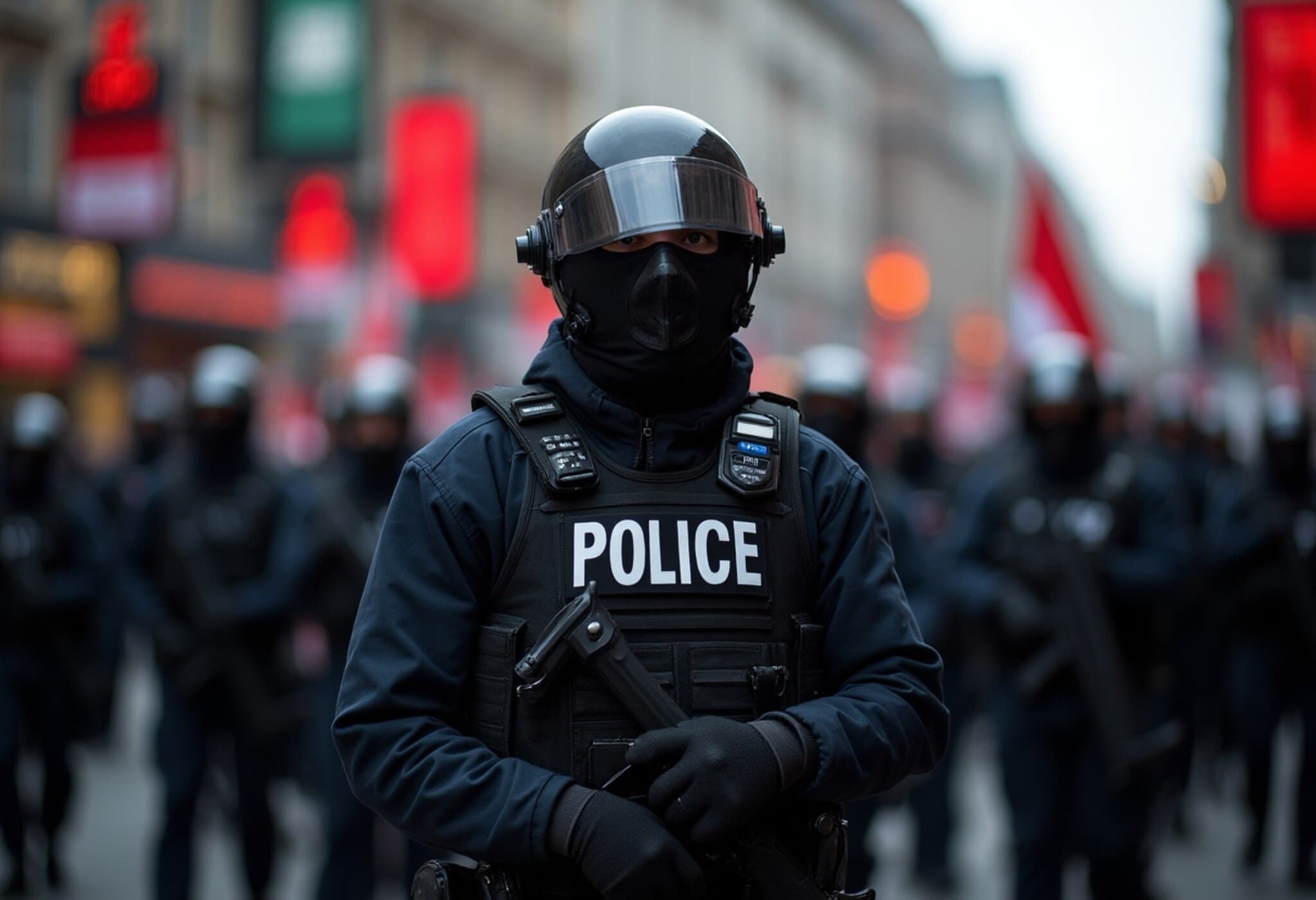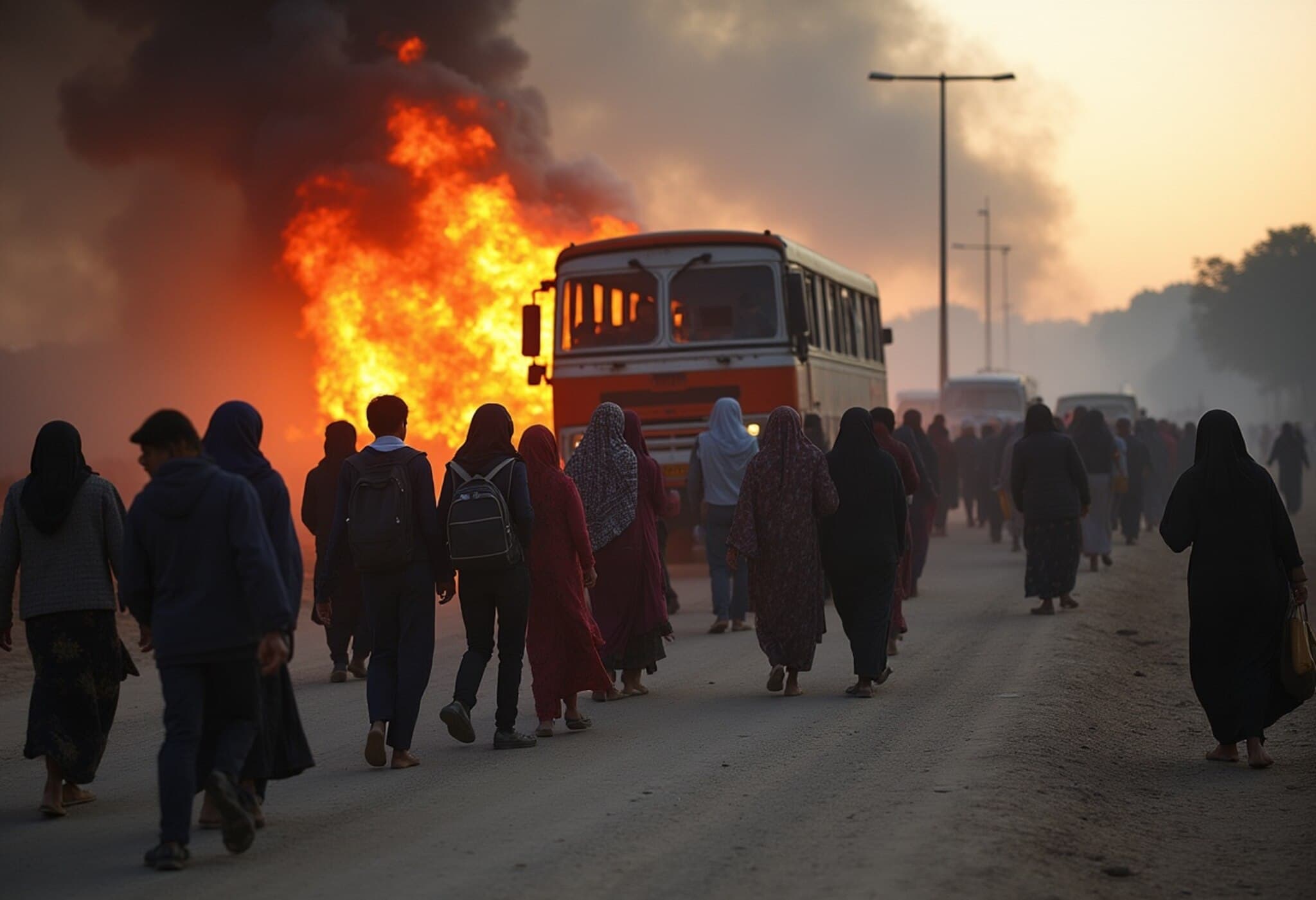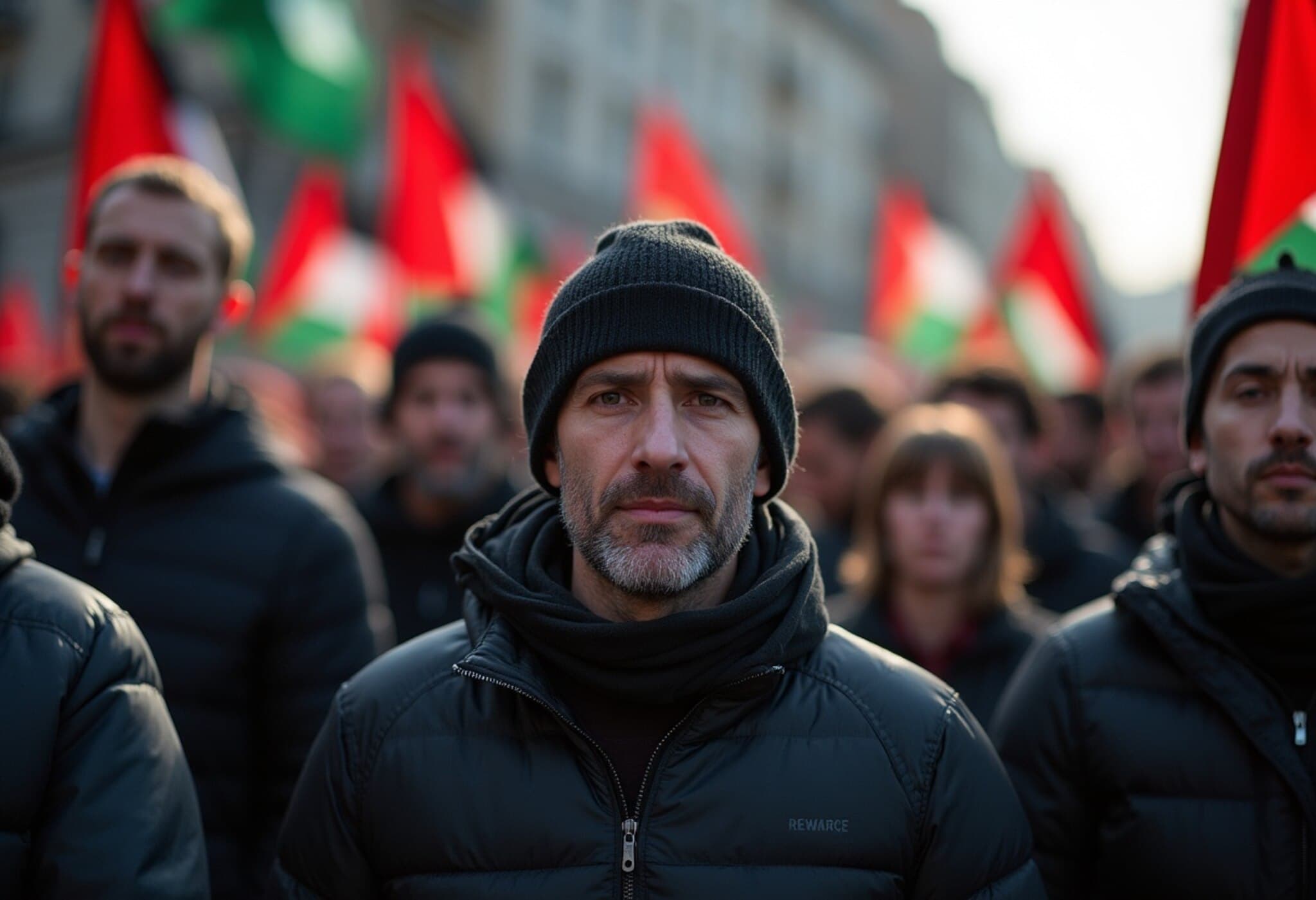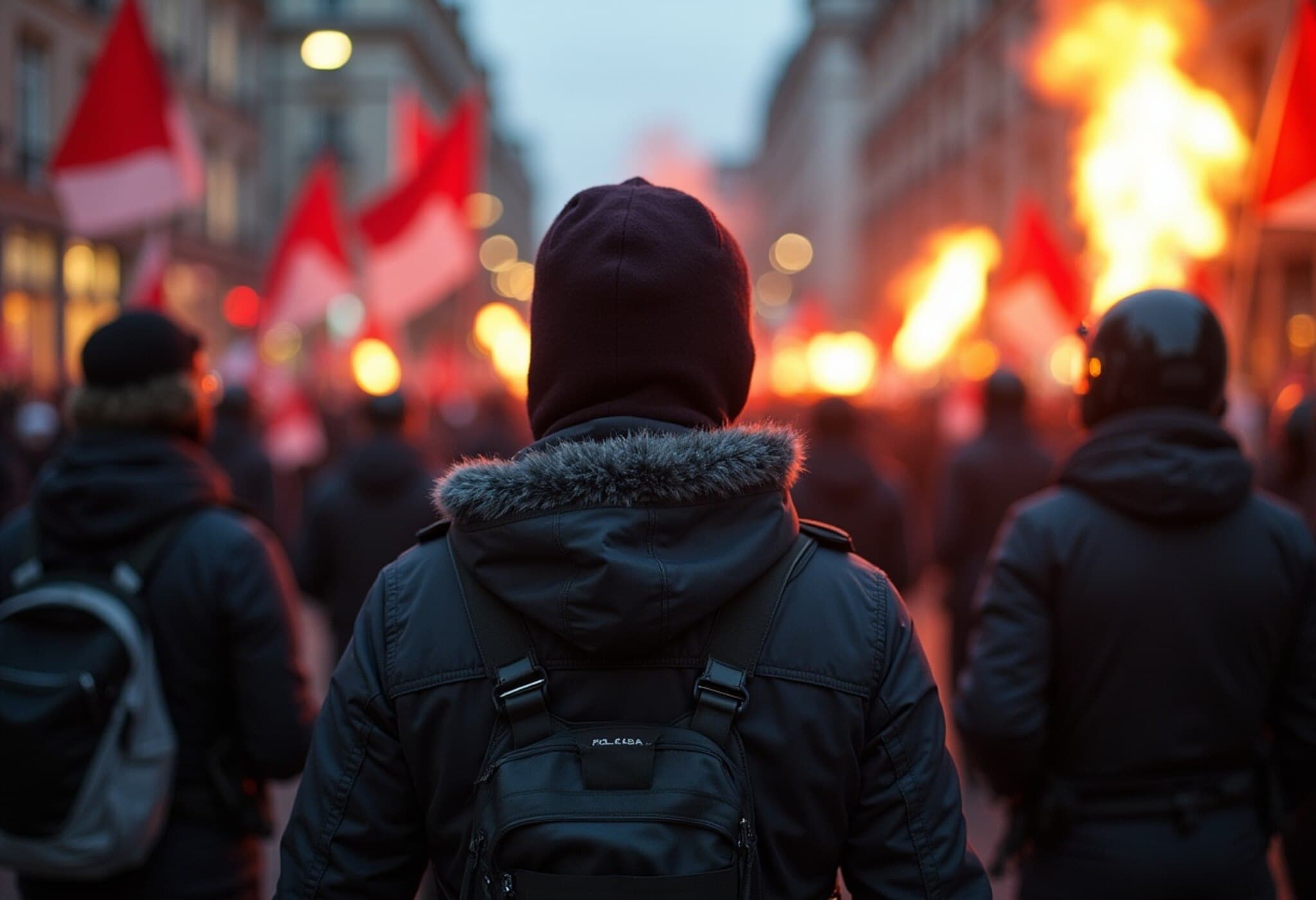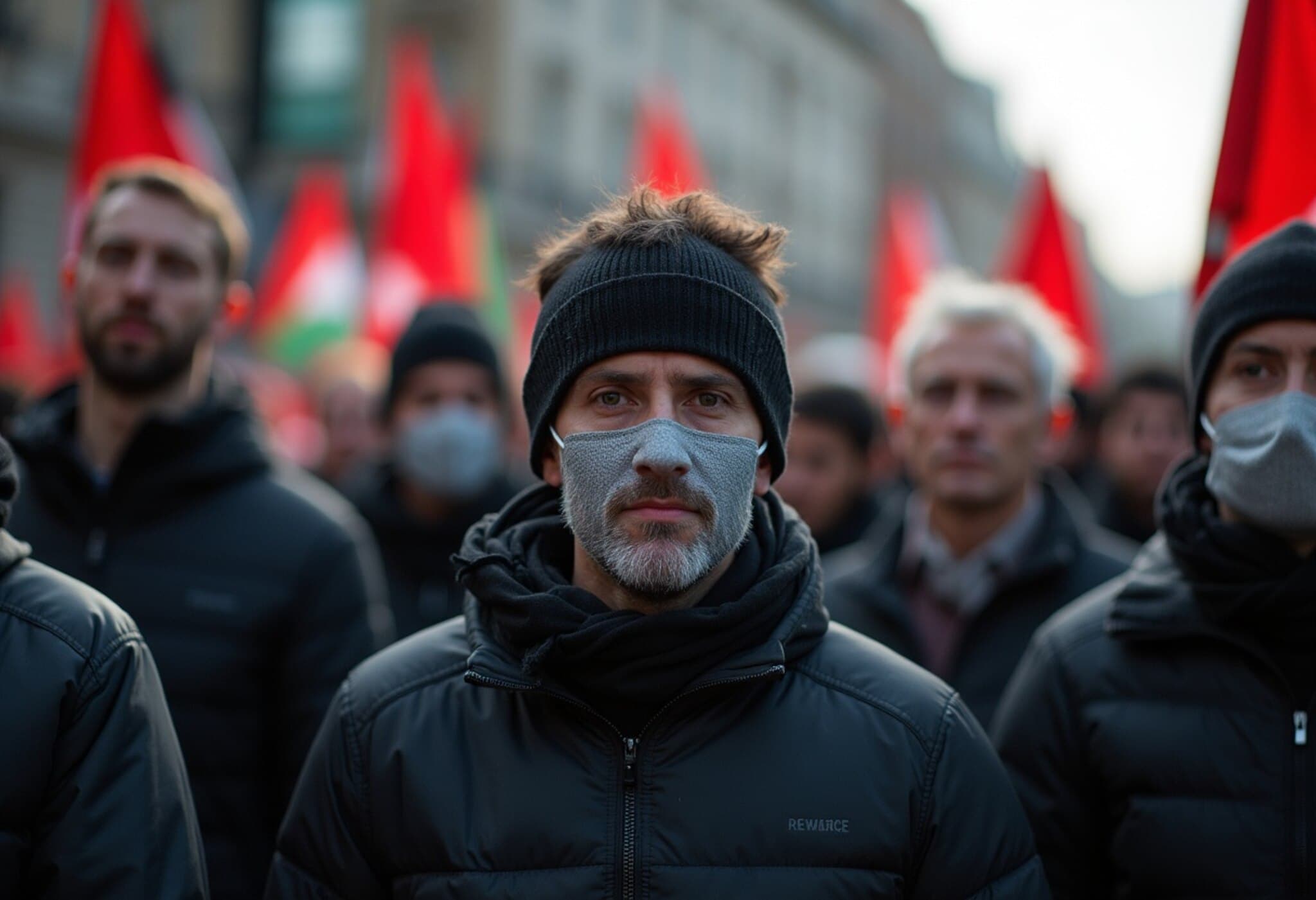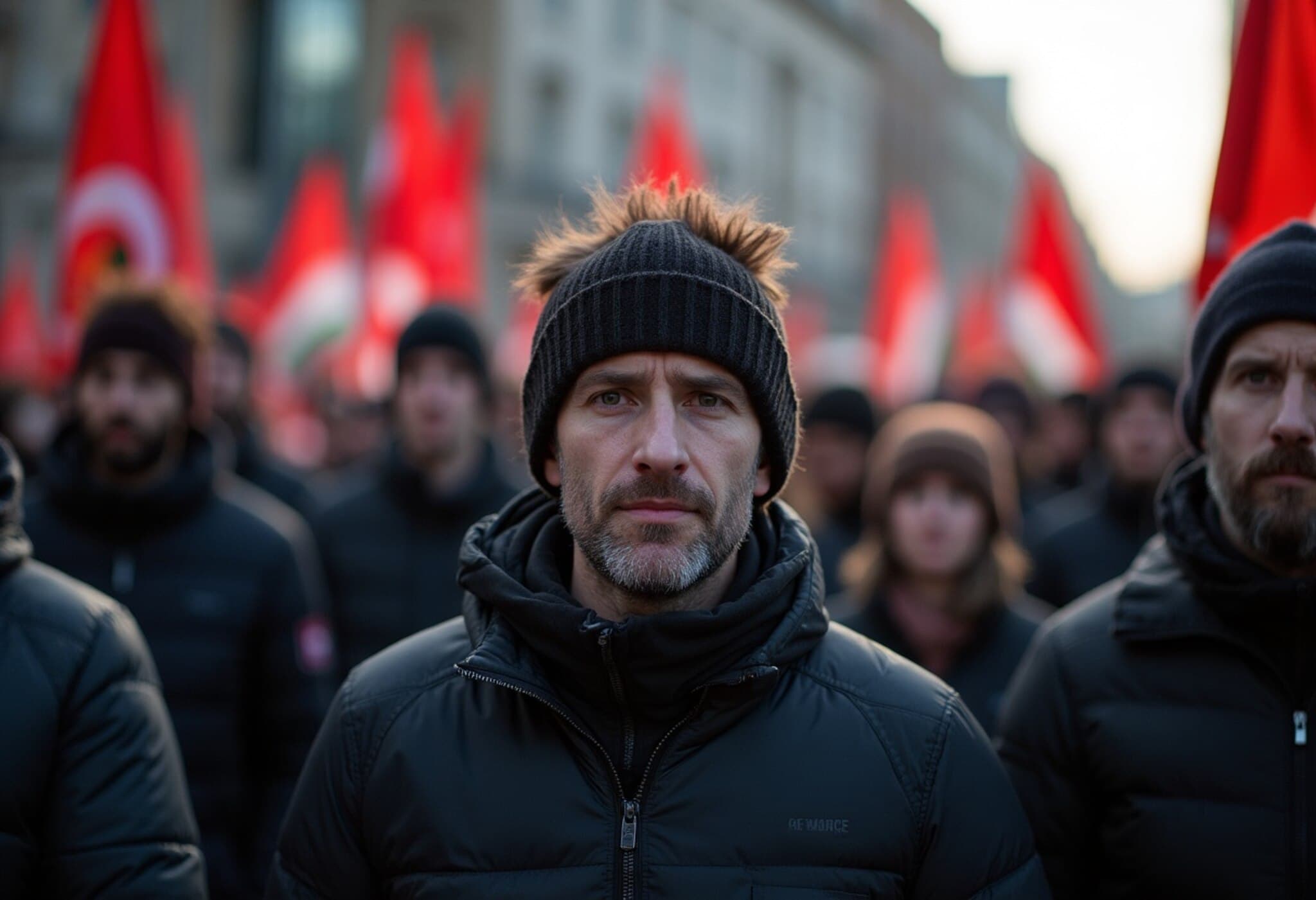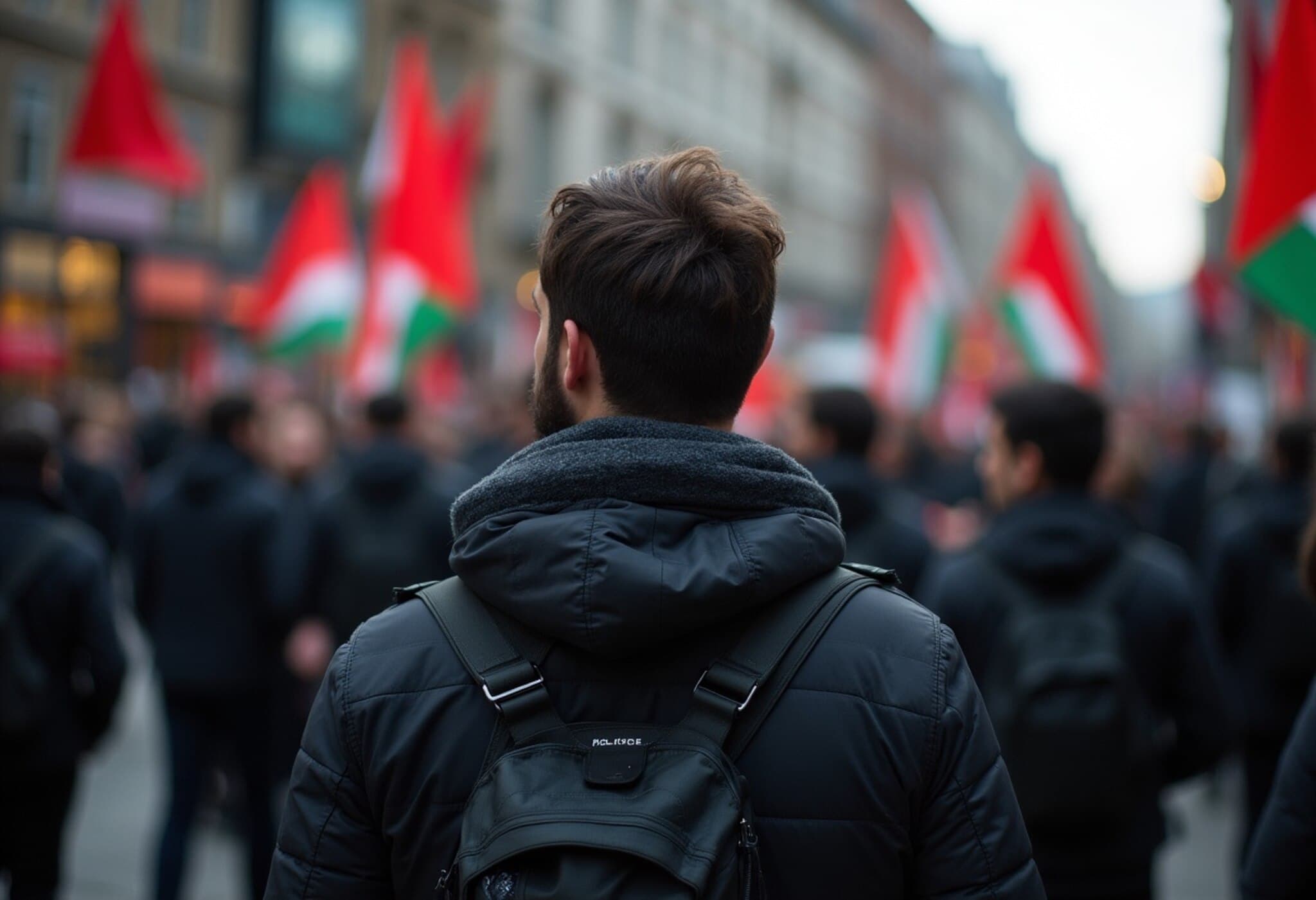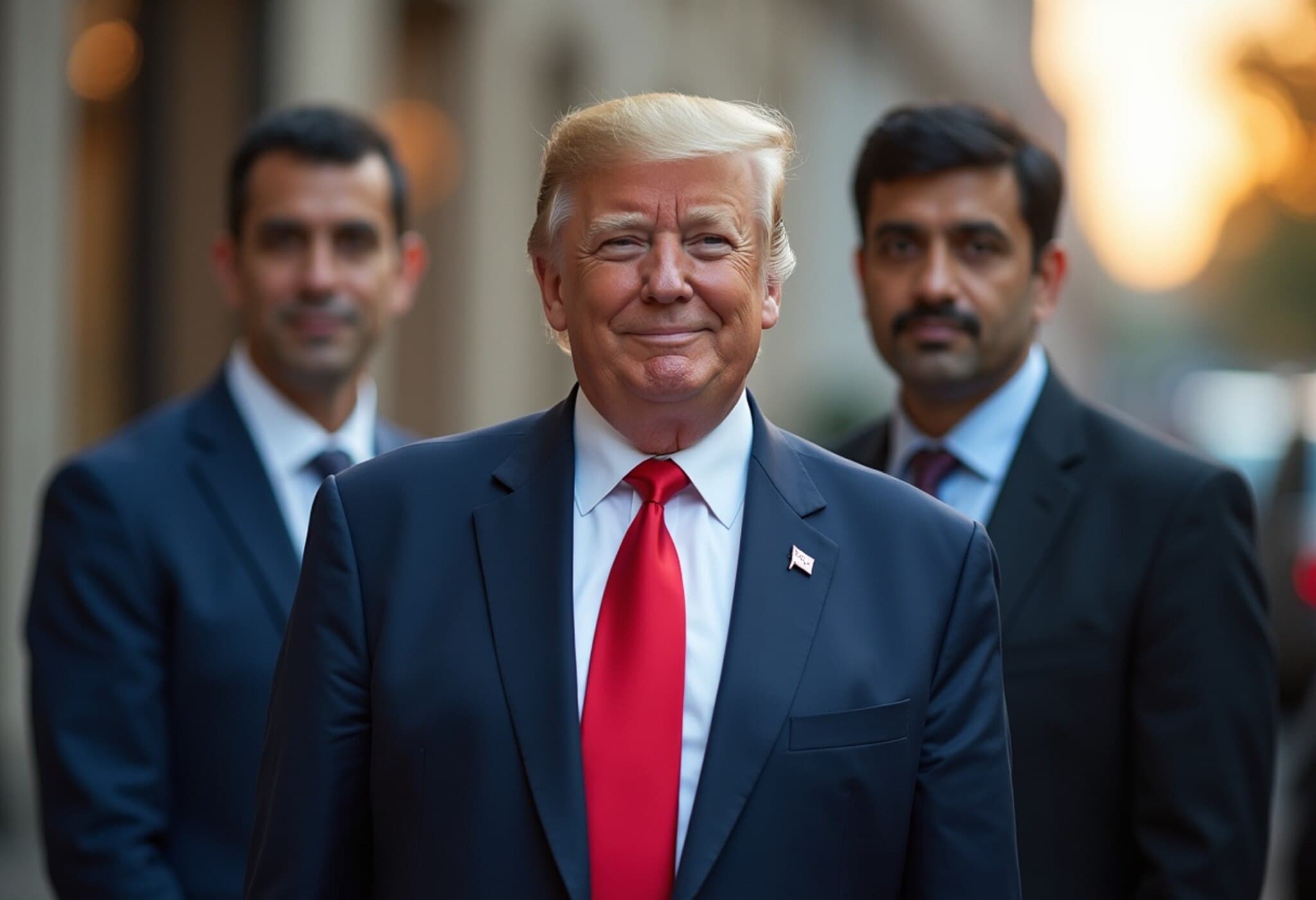London Police Arrest Over 200 Following Ban on Pro-Palestinian Group
In a sweeping police operation in central London, authorities detained more than 200 demonstrators who openly defied a recent ban targeting supporters of Palestine Action, a pro-Palestinian group recently designated as a terrorist organization by the UK government. This crackdown, unfolding in Parliament Square, highlights the tension between national security concerns and the constitutional right to freedom of expression.
Background: The Ban on Palestine Action
The UK Home Secretary, Yvette Cooper, announced the ban on Palestine Action following a high-profile protest on June 20, when activists from the group infiltrated a Royal Air Force base in southern England. The activists targeted British military assets by spraying red paint into airplane engines and inflicting damage with crowbars to denounce the UK's support for Israel amid ongoing conflict with Hamas in Gaza.
Saturday's Demonstration and Police Response
Despite the proscription of Palestine Action in July, demonstrators gathered at Parliament Square holding placards bearing slogans such as "I oppose genocide. I support Palestine Action." This public display of support led the Metropolitan Police to intervene swiftly.
In a statement posted on X (formerly Twitter), the Metropolitan Police confirmed approximately 200 arrests were made during the protests, emphasizing that many detainees were found carrying placards supporting the banned group.
Deputy Assistant Commissioner Ade Adelekan remarked, "This is going to be a particularly busy few days in London with many simultaneous protests and events that will require a significant policing presence," underscoring the challenge faced by law enforcement amidst multiple concurrent demonstrations.
The Legal and Democratic Debate
The arrests have ignited a fierce debate over the boundaries of terrorism legislation and free speech. Supporters of Palestine Action and free expression advocates argue that the ban dangerously broadens the definition of terrorism to encompass nonviolent protests and economic disruption, potentially chilling democratic freedoms.
The pro-Palestinian advocacy group Defend Our Juries stated on its website: "Once the meaning of ‘terrorism’ is separated from campaigns of violence against a civilian population and extended to include those causing economic damage or embarrassment to the rich, the powerful and the criminal, then the right to freedom of expression has no meaning and democracy is dead." This highlights ongoing concerns about governmental overreach in defining political activism as terrorism.
Protests Amidst a Climate of Heightened Tensions
These arrests occurred during an especially active weekend for demonstrations across London. Pro-Palestinian marches planned to culminate near Downing Street, while other protests seek the release of Israeli hostages held in Gaza, illustrating the complex and deeply emotional nature of the conflict’s impact within the UK.
Additionally, protests addressing immigration issues, including gatherings outside hotels accommodating asylum seekers, are expected, reflecting the broader spectrum of social and political unrest confronting the city.
Contextual Insight: Balancing Security and Civil Liberties
The UK’s designation of Palestine Action as a terrorist entity reflects a trend in which states broaden anti-terrorism measures in response to politically charged protests. While governments argue such regulations are necessary to maintain public order and national security, civil rights experts often caution against sweeping laws that risk suppressing legitimate dissent and peaceful activism.
This case raises critical questions about the UK's approach to protest policing and legal definitions. It also sets a precedent impacting how organizations critical of government foreign policy can express opposition without fear of criminalization.
Editor’s Note
The mass arrest of pro-Palestinian demonstrators in London serves as a flashpoint in ongoing global debates over freedom of expression and governmental powers in counterterrorism. As legal challenges to Palestine Action’s ban unfold, observers must ask how far democratic societies should extend definitions of terrorism, and at what cost to civil liberties. This story invites reflection on the fragile line between safeguarding security and protecting the right to protest – a fundamental pillar of democracy.

